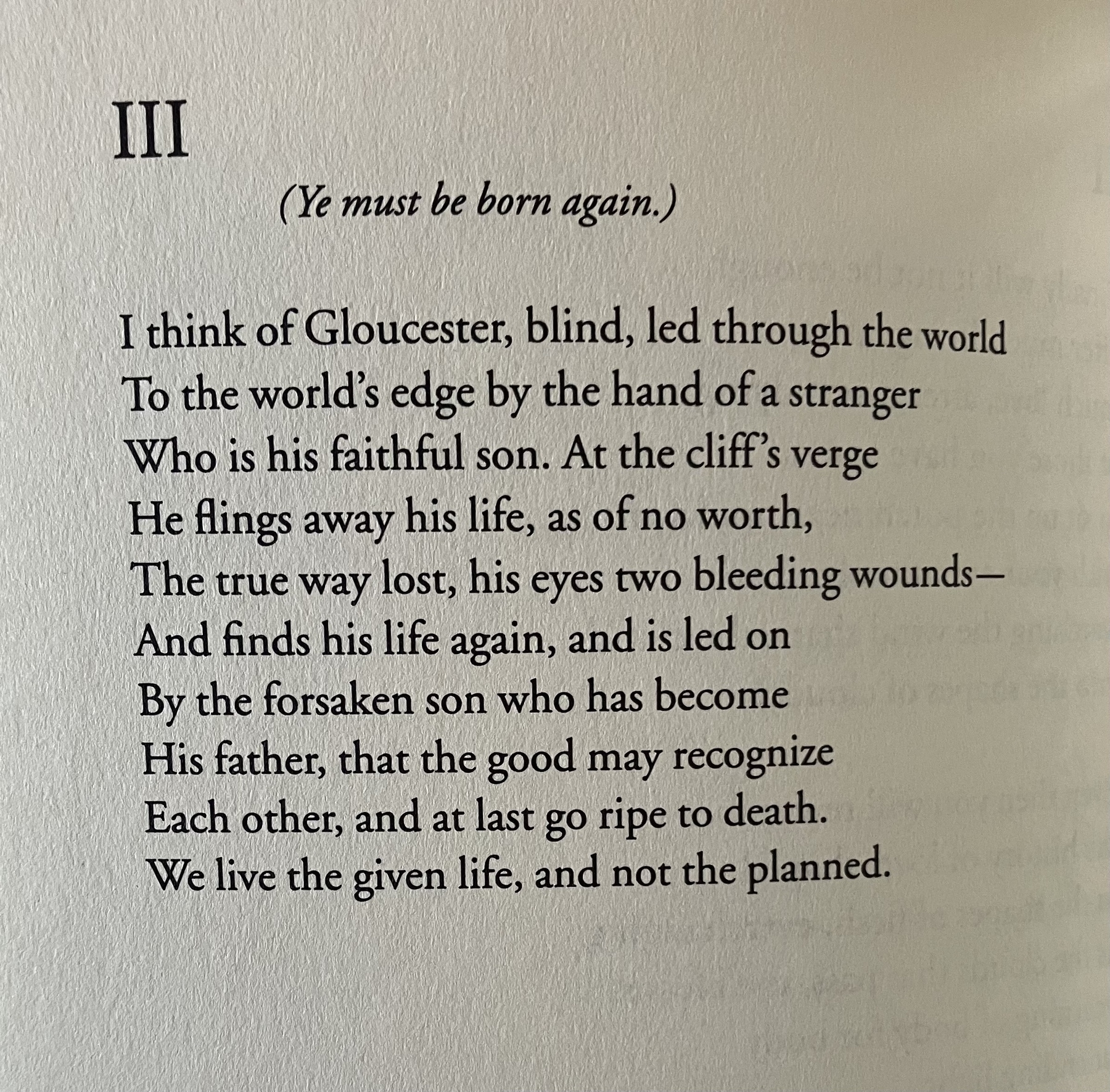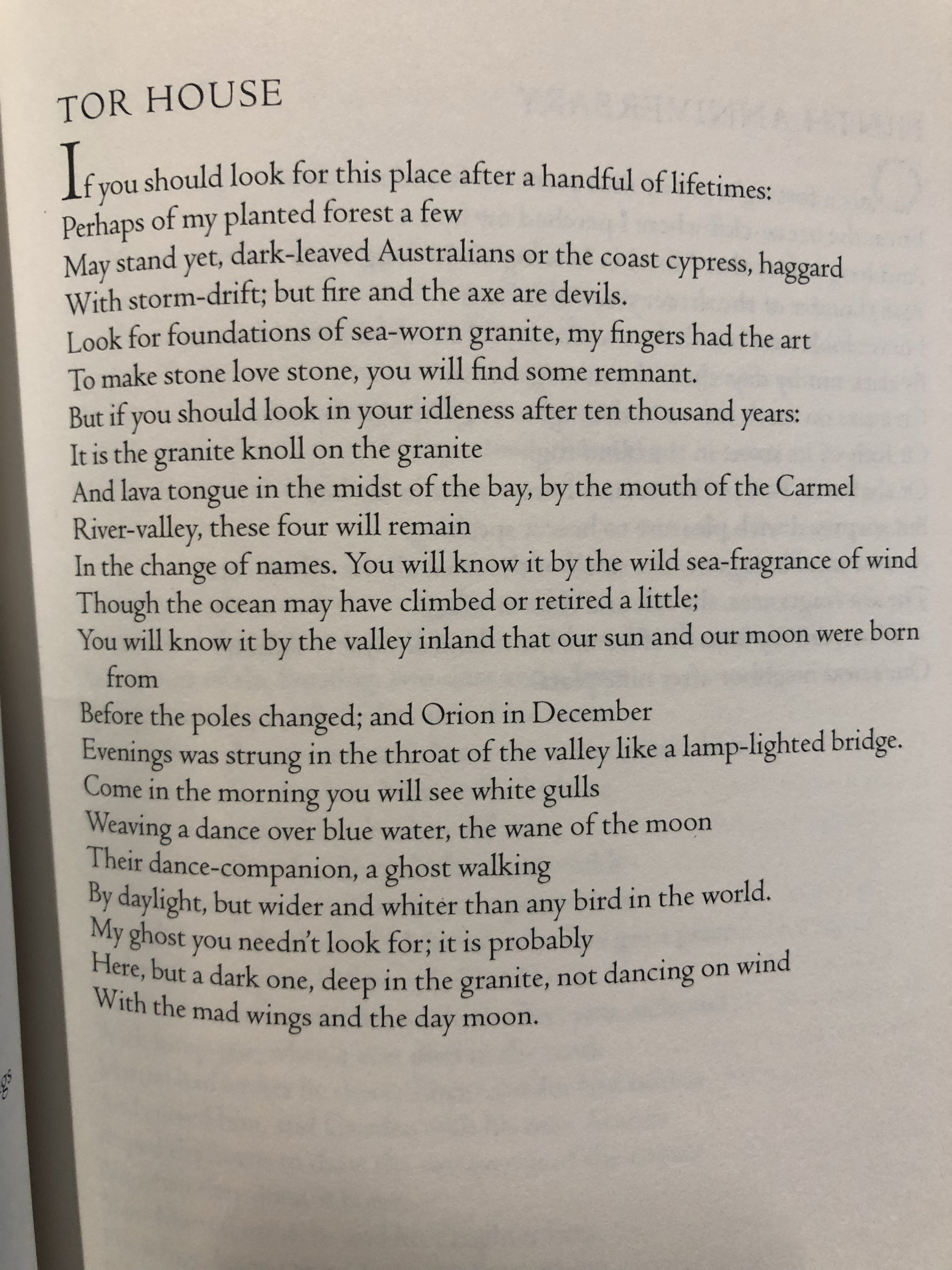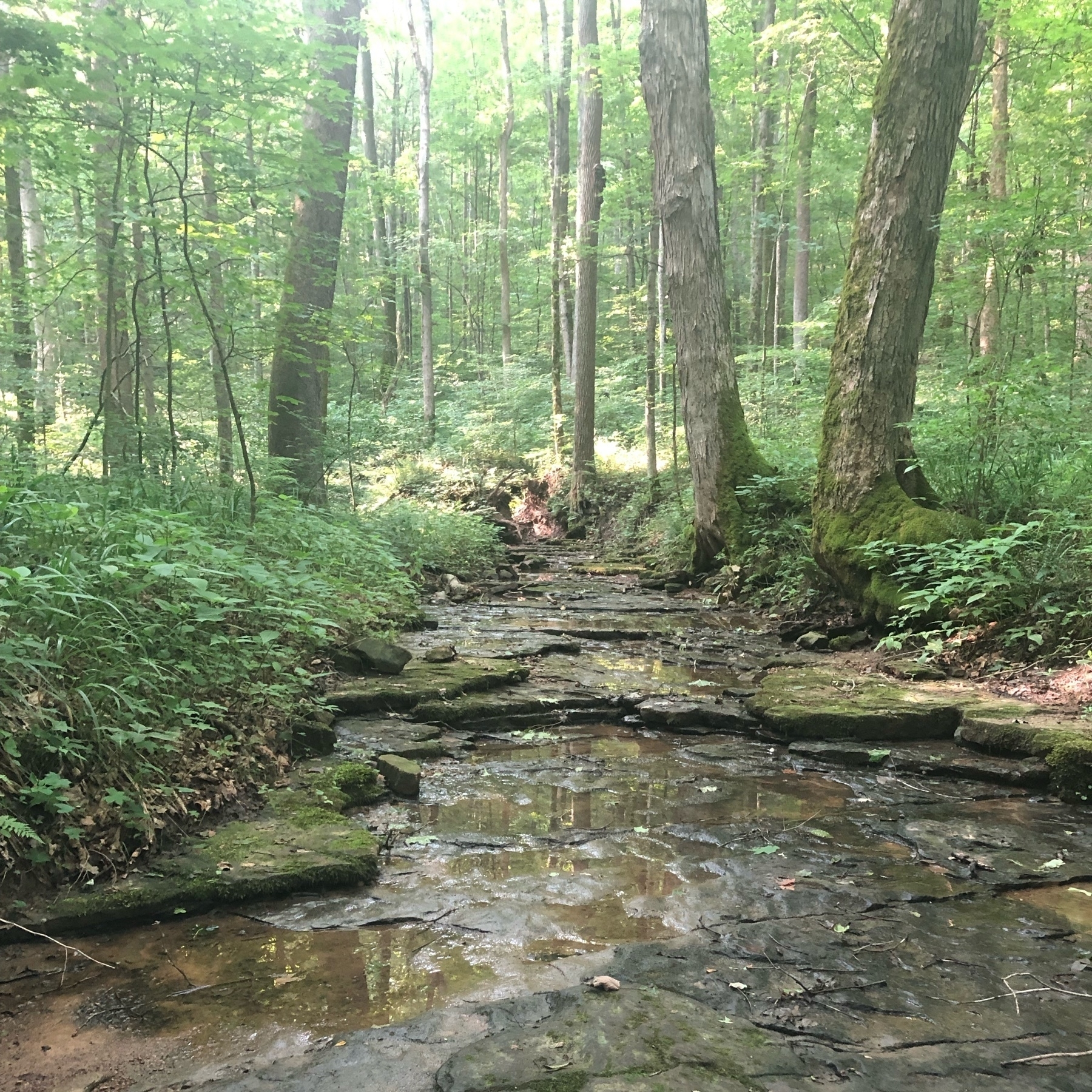Introductory note: This poem surely lies behind what I’ve written lately about self-consciousness (here, here), even if I didn’t have it in mind at the time. Jeffers describes consciousness here as “unreasonable excess, / Our needless quality”, a characteristic that must arise in some way from our biology but is also outside it. He imagines our bodies and our consciousness as the creations of two gods (hello, Gnosticism!). The “uncalled for God” (demiurge?) adds consciousness on top of the natural beauty created by the “austerer God” (monad?). Consciousness becomes a burden for human beings, the poison in the well that corrupts all our experience.
I.
What catches the eye the quick hand reaches toward
Or plotting brain circuitously secures,
The will is not required, is not our lord,
We seek nor flee not pleasure nor pain of ours.
The bullet flies the way the rifle’s fired,
Then what is this unreasonable excess,
Our needless quality, this unrequired
Exception in the world, this consciousness?
Our nerves and brain have their own chemic changes,
This springs of them yet surely it stands outside.
It feeds in the same pasture and it ranges
Up and down the same hills, but unallied,
However symbiotic, with the cells
That weave tissues and lives. It is something else.
II.
As if there were two Gods: the first had made
All visible things, waves, mountains, stars and men,
The sweet forms dancing on through flame and shade,
The swift messenger nerves that sting the brain,
The brain itself and the answering strands that start
Explosion in the muscles, the indrinking eye
Of cunning crystal, the hands and the feet, the heart
And feeding entrails, and the organs that tie
The generations into one wreath, one strand;
All tangible things or chemical processes
Needs only brain and patience to understand:
Then the other God comes suddenly and says
“I crown or damn. I have different fire to add.
These forms shall feel, ache, love, grieve and be glad."
III.
There is the insolence, there is the sting, the rapture.
By what right did that fire-bringer come in?
The uncalled for God to conquer us all and capture,
Master of joy and misery, troubler of men.
Still we divide allegiance: suddenly
An August sundown on a mountain road
The marble pomps, the primal majesty
And senseless beauty of that austerer God
Come to us, so we love him as men love
A mountain, not their kind: love growing intense
Changes to joy that we grow conscious of:
There is the rapture, the sting, the insolence.
…..Or mourn dead beauty a bird-bright-May-morning:
The insufferable insolence, the sting.


